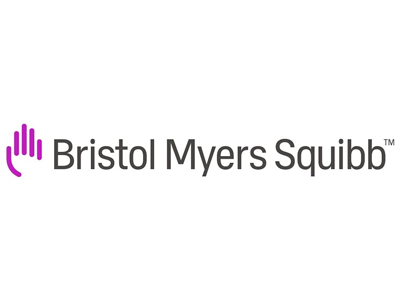FDA grants accelerated approval to pomalidomide for Kaposi sarcoma

From the American Society of Clinical Oncology in cooperation with the Food and Drug Administration (FDA) and as a service to our members, ASCO will periodically distribute information about newly approved therapies for cancer patients. This helps FDA inform oncologists and professionals in oncology-related fields about recent approvals in a timely manner. Included in the email from the FDA will be a link to the product label, which will provide the relevant clinical information on the indication, contraindications, dosing, and safety. In sending this information, ASCO does not endorse any product or therapy and does not take any position on the safety or efficacy of the product or therapy described. The following is a message from the Director of the FDA Oncology Center of Excellence, Dr. Richard Pazdur:
On May 14, 2020, the Food and Drug Administration expanded the indication of pomalidomide (POMALYST®, Celgene Corporation) to include treating adult patients with AIDS-related Kaposi sarcoma after failure of highly active antiretroviral therapy and Kaposi sarcoma in adult patients who are HIV-negative.
Efficacy was investigated in Study 12-C-0047 (NCT01495598), an open-label, single-arm clinical trial, conducted by the National Cancer Institute. Twenty-eight patients (18 HIV-positive, 10 HIV-negative) received 5 mg of pomalidomide orally once daily on days 1 through 21 of each 28-day cycle until disease progression or unacceptable toxicity. All HIV-positive patients continued highly active antiretroviral therapy.
The main efficacy outcome measure was overall response rate (ORR), which included complete response, clinical complete response, and partial response. Response was assessed by the investigator according to the AIDS Clinical Trial Group Oncology Committee response criteria for Kaposi sarcoma. Among the 18 HIV-positive patients, the ORR was 67% (95% CI: 41, 87) with a median response duration of 12.5 months (95% CI: 6.5, 24.9). Among the 10 HIV-negative patients, the ORR was 80% (95% CI: 44, 98) with a median response duration of 10.5 months (95% CI: 3.9, 24.2).
The most common adverse reactions including laboratory abnormalities (≥ 30% of patients) who received pomalidomide were decreased absolute neutrophil count or white blood cells, elevated creatinine or glucose, rash, constipation, fatigue, decreased hemoglobin, platelets, phosphate, albumin, or calcium, increased ALT, nausea, and diarrhea.
The recommended pomalidomide dose for Kaposi sarcoma is 5 mg once daily taken orally with or without food on days 1 through 21 of each 28‑day cycle until disease progression or unacceptable toxicity. Continue highly active antiretroviral therapy as HIV treatment in patients with AIDS-related Kaposi sarcoma.
View full prescribing information for POMALYST.
This indication is approved under accelerated approval based on overall response rate. Continued approval for this indication may be contingent upon verification and description of clinical benefit in a confirmatory trial(s).
Pomalidomide was granted priority review designation and breakthrough therapy designation. A description of FDA expedited programs is in the Guidance for Industry: Expedited Programs for Serious Conditions-Drugs and Biologics.
Healthcare professionals should report all serious adverse events suspected to be associated with the use of any medicine and device to FDA’s MedWatch Reporting System or by calling 1-800-FDA-1088.
For assistance with single-patient INDs for investigational oncology products, healthcare professionals may contact OCE’s Project Facilitate at 240-402-0004 or email OncProjectFacilitate@fda.hhs.

